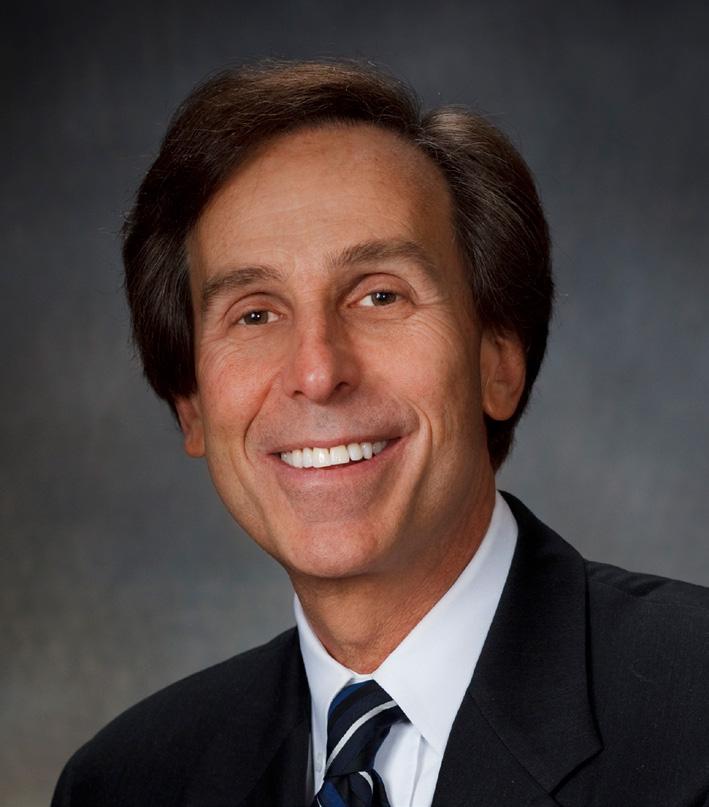Practice Management Update The Rise of Prior Authorization Ralph D. McKibbin, MD, FACP, FACG, AGAF Budget-neutral RVU payments make limiting accelerating overhead expenses a critical task for every practitioner. It is important to be paid for the services we provide but it is equally important to limit losses due to poor workflow processes.
@RalphMcKibbin
Managing a physician practice
requires a wide range of skills. The responsibilities are broad and require detailed management of multiple processes, including the revenue cycle, compliance regulations, human resources, health information, and general business processes. It is important to understand that the skills needed apply to all of us, not just those in private practice Managing a small or large practice, a department or division requires a strong grasp of fundamentals. Business decision making needs to be based on sound principals and is subject to constant review like our clinical decision making. Even those who are “only” employed need to understand basics so that they can advocate for themselves and their patients.
One important change that accelerated in 2019 is the requirement for prior authorizations for diagnostic testing and medications. The Council for Affordable Quality Healthcare, Inc. (CAQH) reported in the 2019 CAQH Index, their 7th update, on the changes in the administrative burden in the healthcare industry.
Physicians and their staff spend on average 14.6 hours per week securing 29.1 authorizations per physician each week. This amounts to as much as $85,000 each year to support a full-time physician. The cost for providers to manually generate a prior authorization increased from $6.61 in 2018 to $10.92 in 2019. The policies adopted by insurance carriers are also not uniform. There is a wide variation in authorization requirements creates confusion which greatly increases the burden. A study of 23 health plans conducted by McKesson counted 1,300 procedure-specific authorization policies, with only 8 percent of those policies shared in common.2
12
This is despite a consensus statement put out by the American Medical Association, the American Hospital Association, America’s Health Insurance Plans, the Medical Group Management Association, the Blue Cross Blue Shield Association and the American Pharmacy Association calling for meaningful improvement in prior authorization programs and processes.3 Overall industry use of electronic transactions which reduces practice costs increased only slightly from 12% in 2018 to 13% in 2019 according to the CAQH report. Controlling the rising burden and cost of prior authorizations should be a priority in your practice. The PSG and our national societies are working with state and federal decision makers and legislatures to adopt standardized practices. This advocacy has resulted in the CAQH CORE® (Committee on Operating Rules for Information Exchange) approving a Two-Day Rule to accelerate prior authorization process. 4 The group represents over 80 percent of industry stakeholders, but prior reform commitments have not been met. Legislative standardization may be needed.








